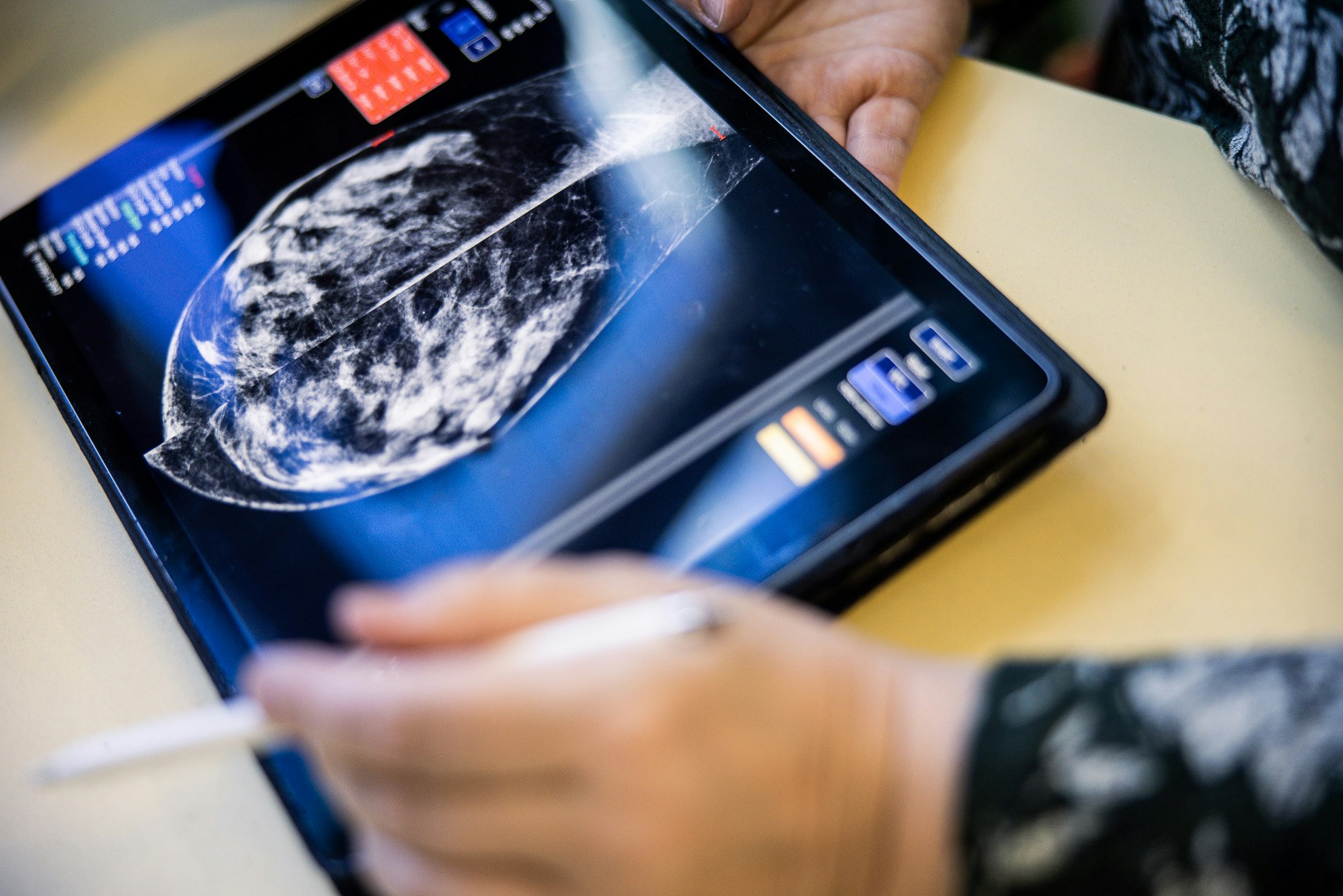Apricity, a UK-based fertility startup which has seen revenue double in the past year, has raised a €17m Series B. It's heading after a big — and growing — sector: the global fertility market is predicted to hit $26bn in the next five years.
What does Apricity do?
Apricity, which launched in 2019, offers a range of digital and at-home services for people who are struggling to conceive, which include consultations and diagnostics tests. It also has an app, which provides extra information on fertility issues and offers packages for egg freezing, IVF and egg donation, among others.
It says it has a 46% success rate per cycle, in comparison to the UK average of 31%, and hugely cuts down on the number of trips to clinics that patients have to make.
Apricity says the increased success rate is in part because its app helps people ensure they are, for example, taking the right drug at the right time in exactly the right dosage. It also says that treating people at home reduces the stress of the whole experience.
In the future, it plans to offer at-home ultrasound scans too.
Apricity's customers are everyday people — and their employers. Its services are offered as employee benefits via organisations like AXA and Reward Gateway. This currently generates a third of the startup's income.
The investors
- MTIP, a Swiss healthtech investor, led the round.
- Iris Ventures, a Barcelona-based consumer fund, also participated.
What's next?
In May this year, Apricity acquired Madrid-based period tracking app Woom. It plans to launch in Spain by the end of 2022, and also has Germany and Italy in its sights too.
It now has a team of 50, but plans to double that by the end of 2023.
The at-home fertility market
Perhaps the biggest name in the sector is Carrot Health, a US-based employee fertility startup that's raised over $100m from investors including Tiger Global.
In Europe, there's also:
- Hertility, which offers at-home hormone and fertility testing
- Gaia Fertility, which offers IVF insurance and is backed by Atomico
- Mojo, which offers at-home sperm testing.

